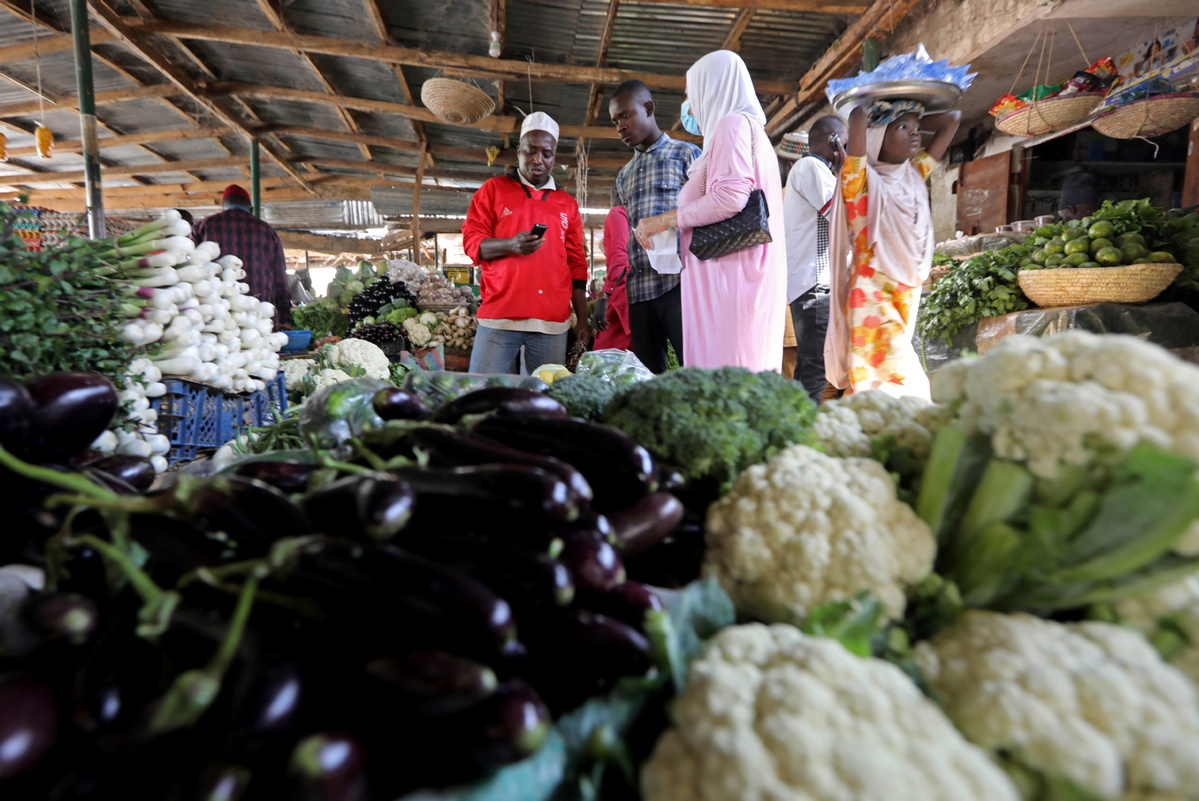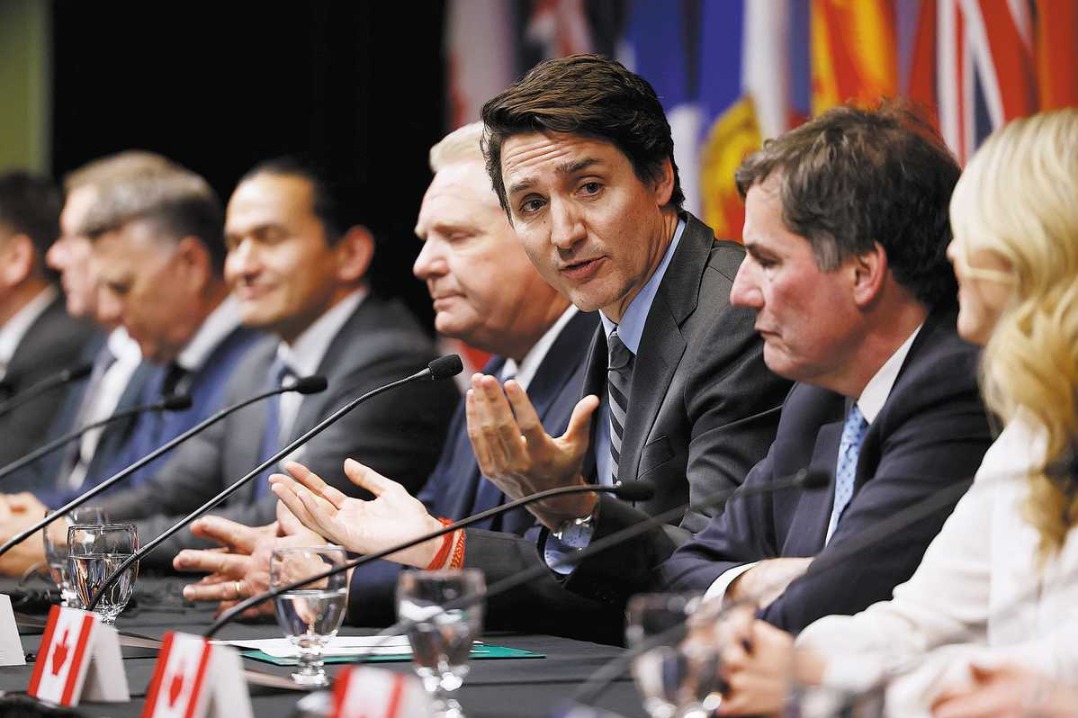Incomplete reforms threaten Nigeria's nascent recovery: Report


Despite the current favorable external environment, with oil prices recovering and growth in advanced economies, reform slippages would hinder renewed economic expansion and undermine progress toward Nigeria's development goals, according to the latest World Bank Nigeria Development Update.
Titled "Resilience through Reforms", the report said in case the government fails to sustain recent macroeconomic and structural reforms, the pace of economic recovery would slow, and gross domestic product growth could be just 1.1 percent this year.
In the baseline scenario, the World Bank projects Nigeria's economy will grow by 1.8 percent this year.
The report said failure to sustain the reform momentum would threaten both macroeconomic sustainability and the government's policy credibility.
It would further limit the government's ability to address gaps in human and physical capital, consequently discouraging private investment.
"Nigeria faces interlinked challenges in relation to inflation, limited job opportunities, and insecurity," Shubham Chaudhuri, the World Bank country director for Nigeria, said.
"While the government has made efforts to reduce the effect of these by advancing long-delayed policy reforms, it is clear that these reforms will have to be sustained and deepened for Nigeria to realize its development potential."
The report said tepid or uneven recovery could exacerbate social tensions, which would further dampen investor enthusiasm and could lead to political instability, and more conflict.
The report said the high inflation rates driven by a steep increase in food prices are worsening poverty and depressing economic activity.
Last year the Nigerian economy experienced a shallower contraction of 1.8 percent than the 3.2 percent projected at the beginning of the pandemic, the report said.
And although the economy started to grow again, prices are increasing rapidly, severely impacting Nigerian households, the report said.
As of April, the inflation rate was the highest in four years. Food prices accounted for over 60 percent of the total increase in inflation. Rising prices have pushed an estimated 7 million Nigerians below the poverty line last year alone.
To reduce inflation while protecting the poor and supporting the recovery, the report proposes a near-term policy option organized around implementation of policies that support macroeconomic stability, inclusive growth and job creation.
This is in addition to protecting poor households from the impacts of inflation and facilitating access to financing for small and medium enterprises in key sectors to mitigate the effects of inflation and accelerate the recovery.
"Given the urgency to reduce inflation amidst the pandemic, a policy consensus and expedite reform implementation on exchange-rate management, monetary policy, trade policy, fiscal policy, and social protection would help save lives, protect livelihoods, and ensure a faster and sustained recovery," Marco Hernandez, the World Bank lead economist for Nigeria and co-author of the report, said.
































